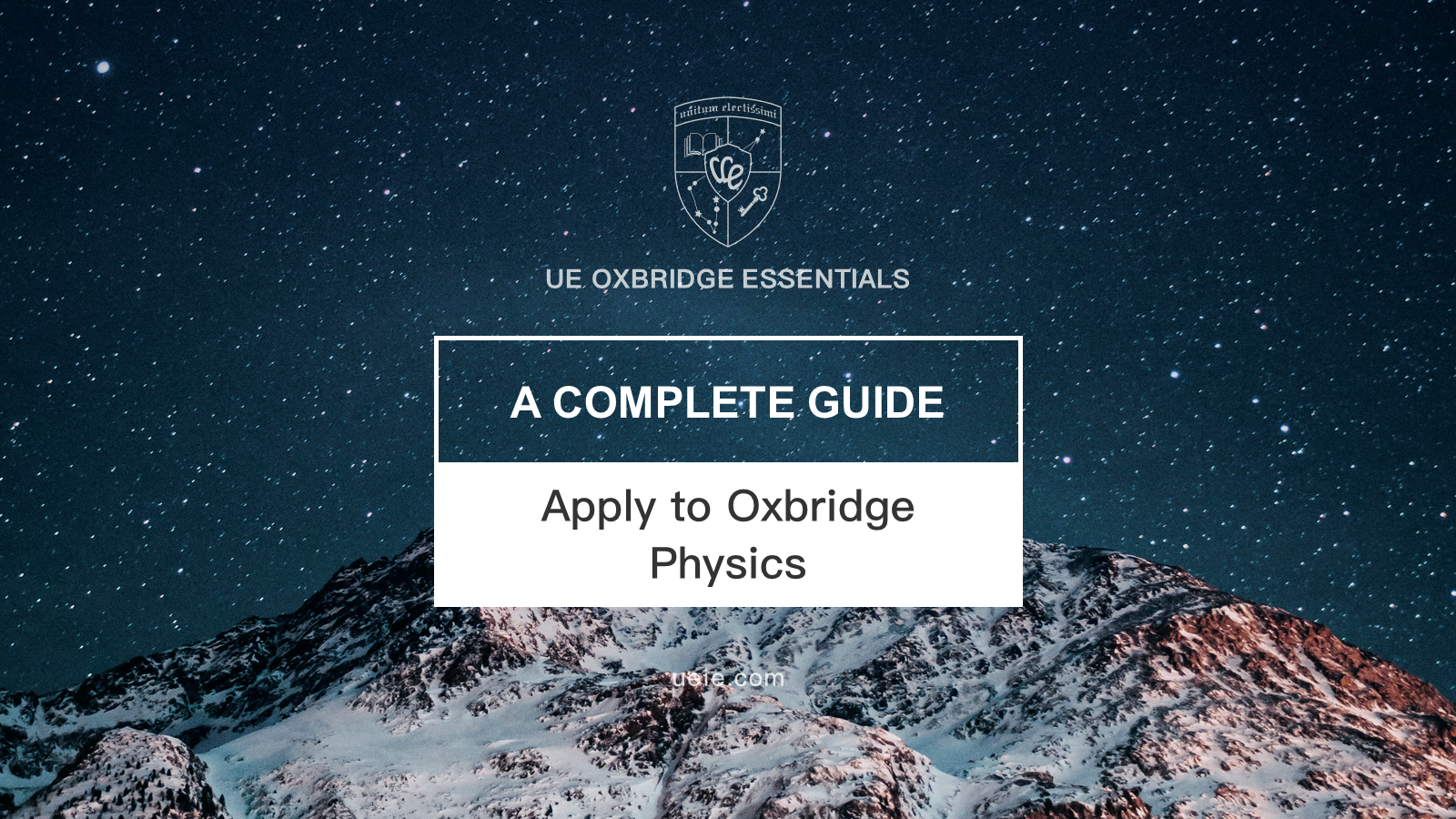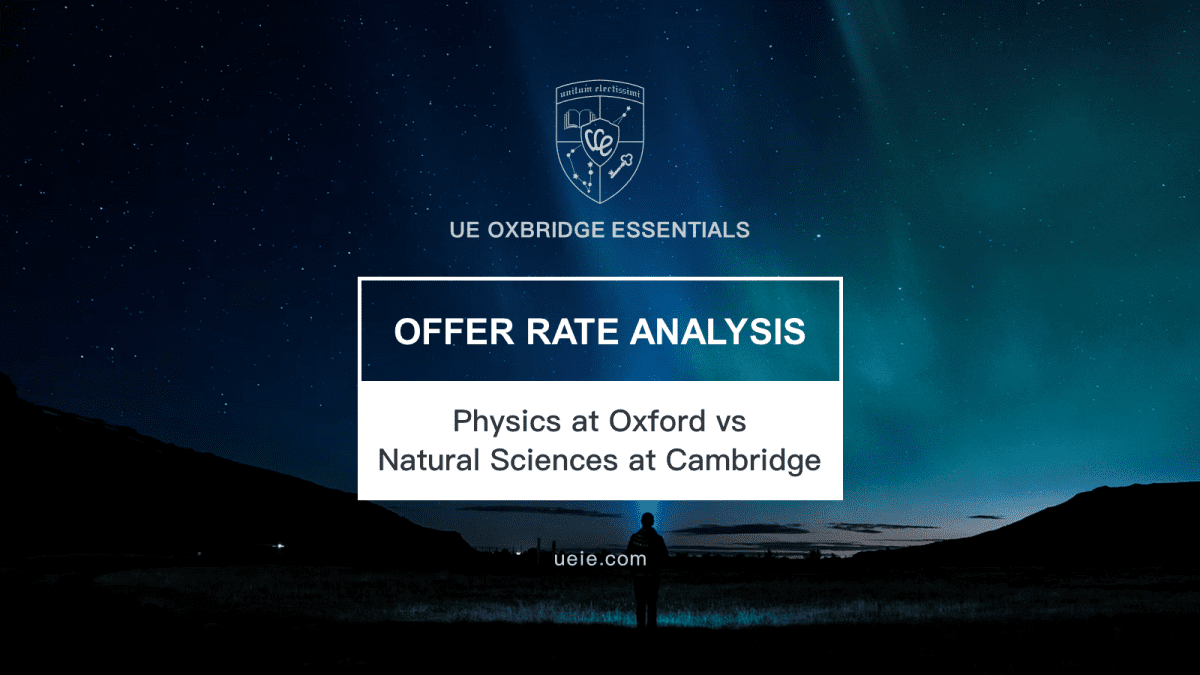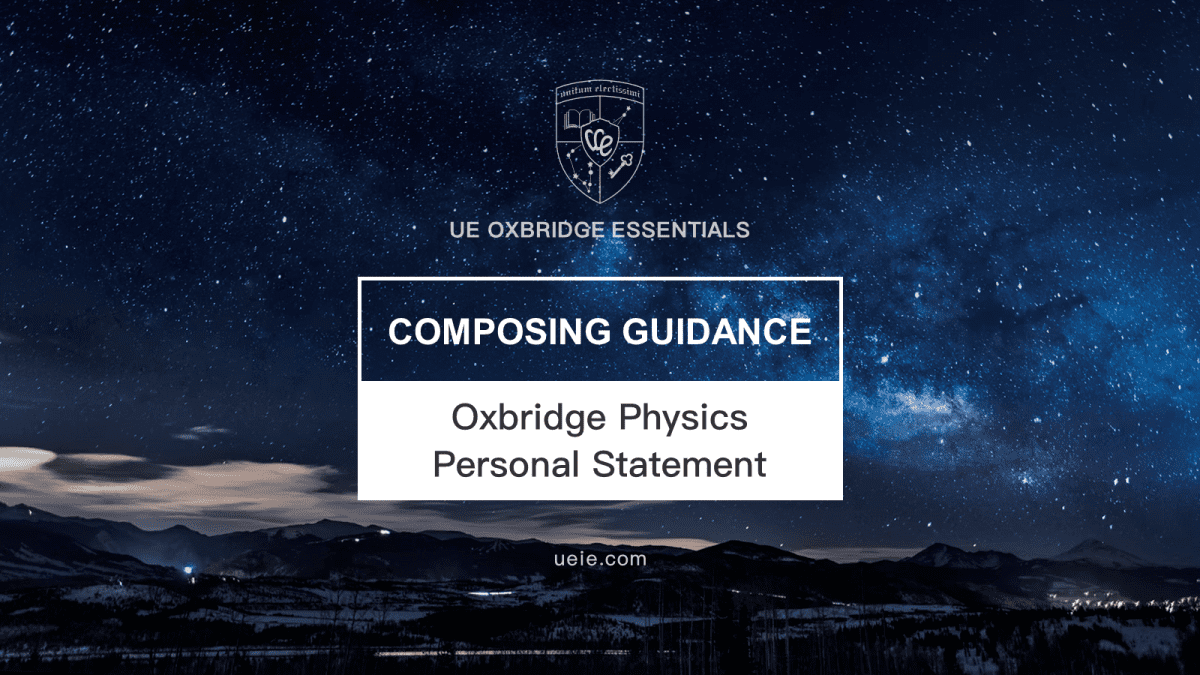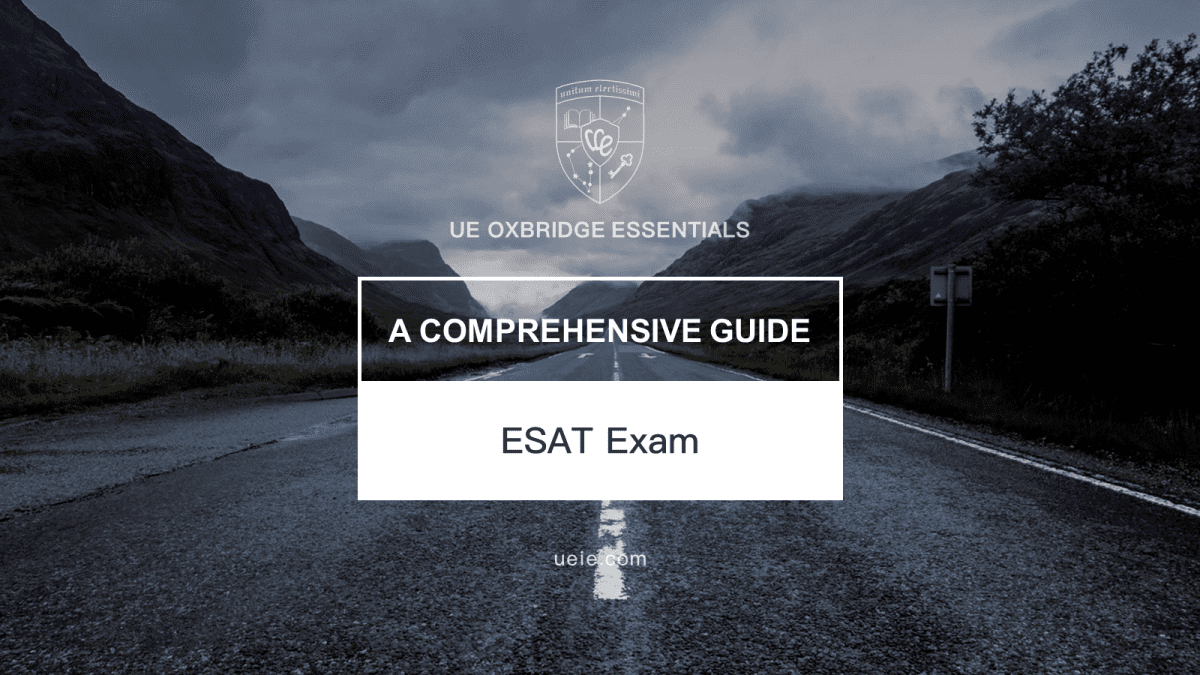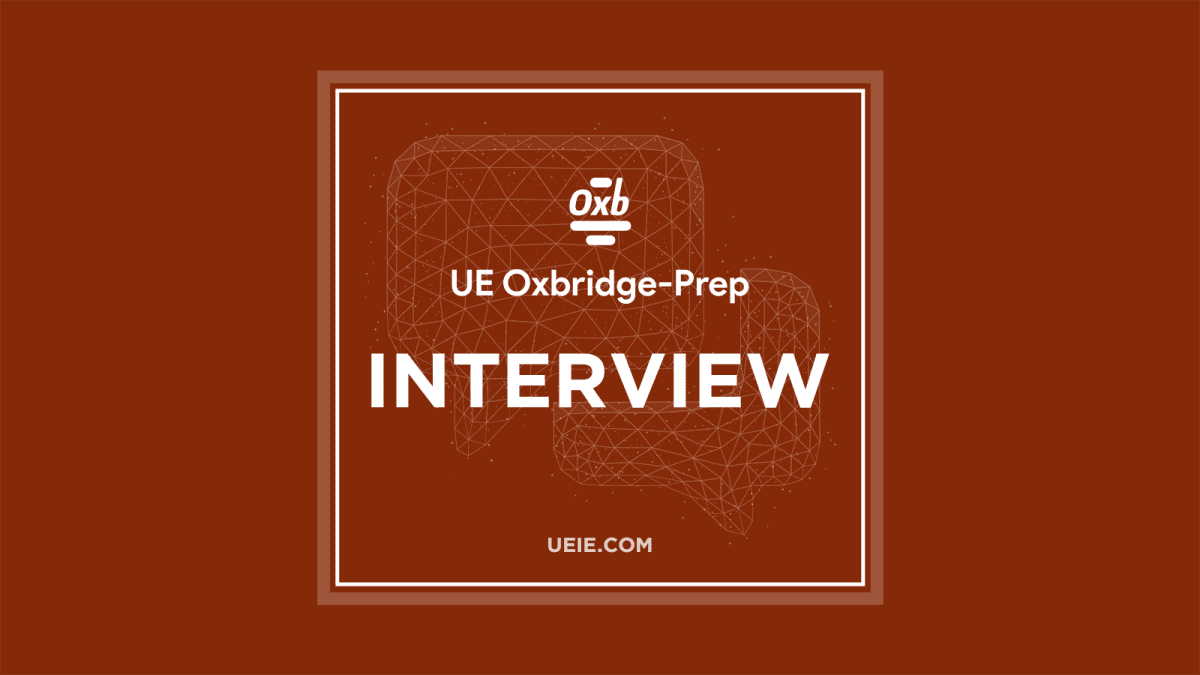I. Common Knowledge to Oxford Physics and Cambridge Natural Sciences Admissions
1. Choose Either Oxford or Cambridge
You can only apply to only one course of either Oxford or Cambridge in a same academic year, rather than applying to both the two universities.
2. Apply Through the UCAS
- You are required to submit your application through the UCAS (Universities and Colleges Admissions Service), which serves as the official admissions platform for universities and colleges in the UK.
- You are only allowed to list up to 5 course choices.
II. Timeline for Oxford Physics and Cambridge Natural Sciences Courses
Timeline for 2025 Entry
2024
June|September | Preparing for the ApplicationChoosing Your Course
Writing Your Oxford Physics and Cambridge Natural Sciences Personal Statement Preparing Your Academic Reference Choosing Your College |
August1 | Registration for ESAT Exam BeginsCambridge Natural Sciences applicants |
September3 | UCAS Application Opens
2025
III. How to Choose an Oxford Physics and Cambridge Natural Sciences Course?There are two physics courses available at the University of Oxford:
The University of Cambridge does not offer separate courses in physics, chemistry, and biology. But you’ll have the option to study a wide range of physical and biological science subjects from 16 different departments in the natural sciences course.
16 different departments in Cambridge Natural Sciences course:
IV. What Are the Oxford Physics and Cambridge Natural Sciences Admission Requirements?1. General Admission RequirementsThe general admission requirements for Oxford physics and Cambridge natural sciences courses are outlined in the table below:
2. Oxford's Official Statement on Reference Criteria for AdmissionExpectations of the Oxford Physics Department
This statement can be understood as follows:
Key Focus of the Interview for Physics and Philosophy Course
In conclusion, interviewers prefer students with enormous potential, ability to think independently, and enthusiasm for the course. Therefore, students with unique insights on the course and who provide empirical support are more likely to stand out. 3. Cambridge's Official Statement on Reference Criteria for AdmissionKey Statistics Provided by the Cambridge Natural Sciences Department
The conclusion of the above data is as follows: Natural Sciences (Biological direction): 76% of students studying A Levels achieved grades of A*A*A* or above. What’s more, the percentage of students taking respective courses is: Mathematics 99%, Further Mathematics 37%, Biology 98%, Chemistry 96%, Physics 26%. Apart from A Level Mathematics, 22% of students took all three subjects of Biology, Chemistry, and Physics, 75% took two of the subjects, and 3% took only one of the subjects. Meanwhile, the majority of IB students scored at least 43 points (HL 777) or above. Natural Sciences (Physical direction): 91% of students studying A Levels achieved grades of A*A*A* or above. What’s more, the percentage of students taking respective courses is: Mathematics 100%, Further Mathematics 90%, Biology 8%, Chemistry 89%, Physics 96%. Apart from A Level Mathematics, 6% of students took all three subjects of Biology, Chemistry, and Physics, 81% took two of the subjects, and 13% took only one of the subjects. Meanwhile, the majority of IB students scored at least 43 points (HL 777) or above. Therefore, it is recommended and important to look at the statistics and information provided by the Univerisity of Cambridge rather than relying on general admission requirements. 4. Summary of the Admission Requirements and Reference CriteriaThe admission requirements for Oxford physics and Cambridge natural sciences courses can be summarized as follows:
Which is easier to apply for, Physics at Oxford or Natural Sciences at Cambridge? Let’s analyze the admission statistics from previous years. V. Application Process and Required MaterialsThe application process of applying to Oxbridge is not complicated. There are some important details you need to know and materials to prepare before applying. 1. Materials Required for UCAS ApplicationWhen applying to Oxford physics and Cambridge natural sciences courses through UCAS, you must confirm or submit the following information:
2. Differences between the Application Processes for Oxford, Cambridge, and Other UK UniversitiesThe application process of applying to Oxford and Cambridge through UCAS is similar to other universities in the UK, with the exception of certain courses and circumstances. However, there are a few important points to know:
3. Official Undergraduate Application Process for the University of Cambridge
Play Video
4. Official Undergraduate Application Process for the University of OxfordPart 1: What Oxford is Like
Play Video
Part 2: How to Apply
Play Video
Part 3: Preparing
Play Video
5. Language Proficiency and High School GradesLanguage proficiency does not need to meet the admissions requirements before the UCAS application deadline of October 15, 2024, but only the admissions requirements of the relevant courses before August 31, 2025. What’s more, predicted high school grades need to be submitted before October 15th. This score is one of the critical factors for Oxbridge admissions reference. 6. Open Application (Choosing a College)It can be difficult for you to choose a college from the pool of 30 colleges at both Oxford and Cambridge. If you are not that confident or do not care which college to apply to, you can choose an open application on UCAS.
Click the link below to view our blogs about Oxbridge colleges and how to choose a college in Oxbridge. 7. Personal StatementsAs a part of the UCAS application process, every student is required to submit an application essay, also known as a personal statement (PS). The Oxford physics and Cambridge natural sciences personal statement serves as a tool for universities to better understand students’ interests in the subject and course. On the other hand, it also allows students to better understand their academic interests and motivations. Typically, the personal statement should encompass the following aspects:
Click on the link below for more guidance on composing an Oxford physics and Cambridge natural sciences personal statement and official suggestions from Oxford, Cambridge, and UCAS. 8. Academic ReferencesAcademic references (academic references at Oxford and school/college references at Cambridge) provide universities with a better understanding of a student’s abilities and potential. Also, admissions officers use these references to assess whether a student’s academic capabilities are suited for the chosen course and if they can adapt to the university’s learning environment. As a crucial component of the UCAS application, universities typically prefer academic references submitted by school teachers or individuals who can provide authoritative insights into a student’s academic background. Please note that academic references must also be submitted before the application deadline on October 15th. 9. TranscriptsTo find out if you need to submit the transcript when applying to the University of Cambridge, you should check the official Cambridge guidelines in the section “Completing My Cambridge Application“. VI. What Preparation is Needed for Applying to Oxford Physics and Cambridge Natural Sciences?1. Preparing for the Oxford PATStudents applying for physics-related majors at Oxford must take the PAT exam. Before 2019, the PAT score was not only a crucial basis for issuing interview invitations but also an important reference for conditional offers. Since 2019, the PAT score combined with the weighted cGCSE scores to form the R-score. The likelihood of receiving an interview invitation largely depends on the R-score. Due to the pandemic, the 2021 PAT score significantly impacted the chances of progressing to the interview stage. After the interview, the student’s PAT score and weighted interview score are combined to form the C-score, which is one of the important factors affecting admission. Oxford officials point out that typically students who are ranked in the top 100 by C-score are admitted. According to the PAT report given by Oxford officials at the end of 2022, Oxford hopes to continue using the R-score as a basis for pre-interview screening of candidates. If all goes as expected, the R-score will be an important basis for whether applicants for entry in 2024 will receive an interview invitation. Please refer to the blog for comprehensive understanding and preparation suggestions for Oxford PAT exams. 2. Preparing for the Cambridge ESATThe ESAT is a computer-based assessment, and it’s made up of individual multiple-choice assessments that last 40 minutes each. Students will sit these back-to-back on the day of the test. Mathematics 1 is compulsory for all candidates. And the remaining assessments will depend on the Cambridge course students are applying to. When applying for Natural Sciences, you will complete Mathematics 1 and two additional multiple-choice assessments from Biology, Chemistry, Physics, or Mathematics 2, making the test 120 minutes in total. The final scores are based on the number of correct answers you give, and you do not lose marks for wrong answers, so there is no pass or fail for ESAT. It would help if you aimed to do the best you can. Please refer to the blog for comprehensive understanding and preparation suggestions for Cambridge ESAT exams. 3. Interview PreparationIt is advisable to start a mock interview before receiving the invitation. Conduct at least six mock interviews covering various possible question types, scenarios, and topics, which will help improve your on-the-spot response speed and achieve the best interview results. Check our blog about Oxbridge interview preparation. 4. Academic Research ProjectsMore and more students have been participating in university academic research projects in recent years. Experience engaging in academic research and excellent academic achievements can significantly enhance your personal statement and boost your competitiveness when applying to Oxford physics and Cambridge natural sciences courses. Online research project topics are continuously updated. For more details, please refer to
While preparing for exams and personal statement can take up a significant amount of time, it is still advisable for you to engage in extracurricular reading. Typically, you are encouraged to read two deeply and broadly read more than ten books related to your chosen field. Extracurricular reading can enrich the material for writing your Oxford physics and Cambridge natural sciences personal statement, making it more appealing. 6. Oxford and Cambridge Summer SchoolsMany summer schools have unique selling points, but not all are worth it, especially regarding teaching staff. Therefore, it is recommended for students to attend summer school with reasonable fees because the purpose is to enhance and get a taste of learning methods at Oxbridge. You can refer to our blog about the summer school of Brasenose College from Oxford. 7. Oxford and Cambridge Open DaysBoth Oxford and Cambridge Universities have open days for students to learn about and visit their preferred universities and colleges in advance. For Oxford University, 2024 undergraduate Open Days will be held on 26 and 27 June and 20 September. And for Cambridge University, currently published undergraduate Open Days will take place on Thursday 4 July and Friday 5 July 2024. For more about the open days and other related events, please check the official websites of Oxford and Cambridge for detailed information. Please refer to the following resources for more information on applying to maths courses at Oxford and Cambridge. Attached: Recommended Readings for Oxford Physics and Cambridge Natural Sciences CoursesOxford University officially recommends a list of readings for students applying for Physics courses before formally entering the university. Among them, the Feynman Lectures on Physics is a must-read and a set of classic physics texts that is very worth collecting. The official list of recommended readings is extensive; below, only a portion is listed that is related to physics and mathematics, which will help lay the foundation for university coursework.
Author:Richard P. Feynman
Publisher:Pearson Year:2012 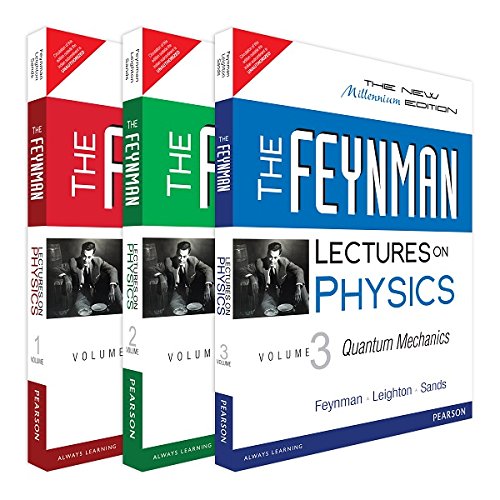
Author:Jearl Walker
Publisher:Wiley Year:2006 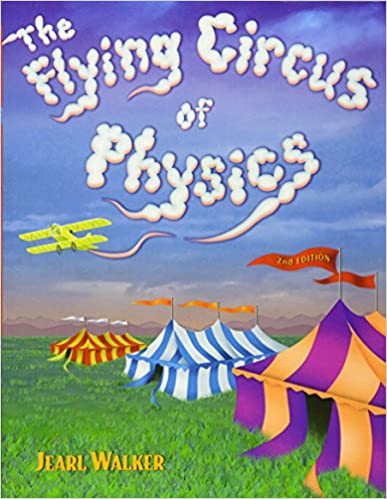
Author:K. F. Riley, M. P. Hobson, S. J. Bence
Publisher:Cambridge UniversityPress Year:2006 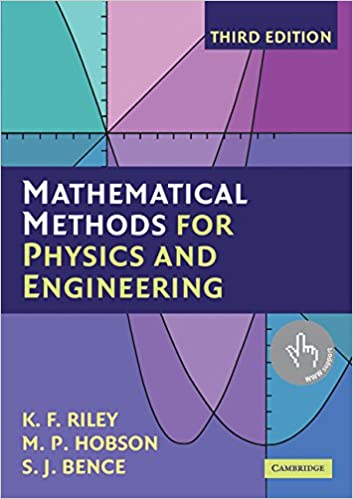
Author:Michael Tinker, Robert Lambourne
Publisher:Wiley Year:2000 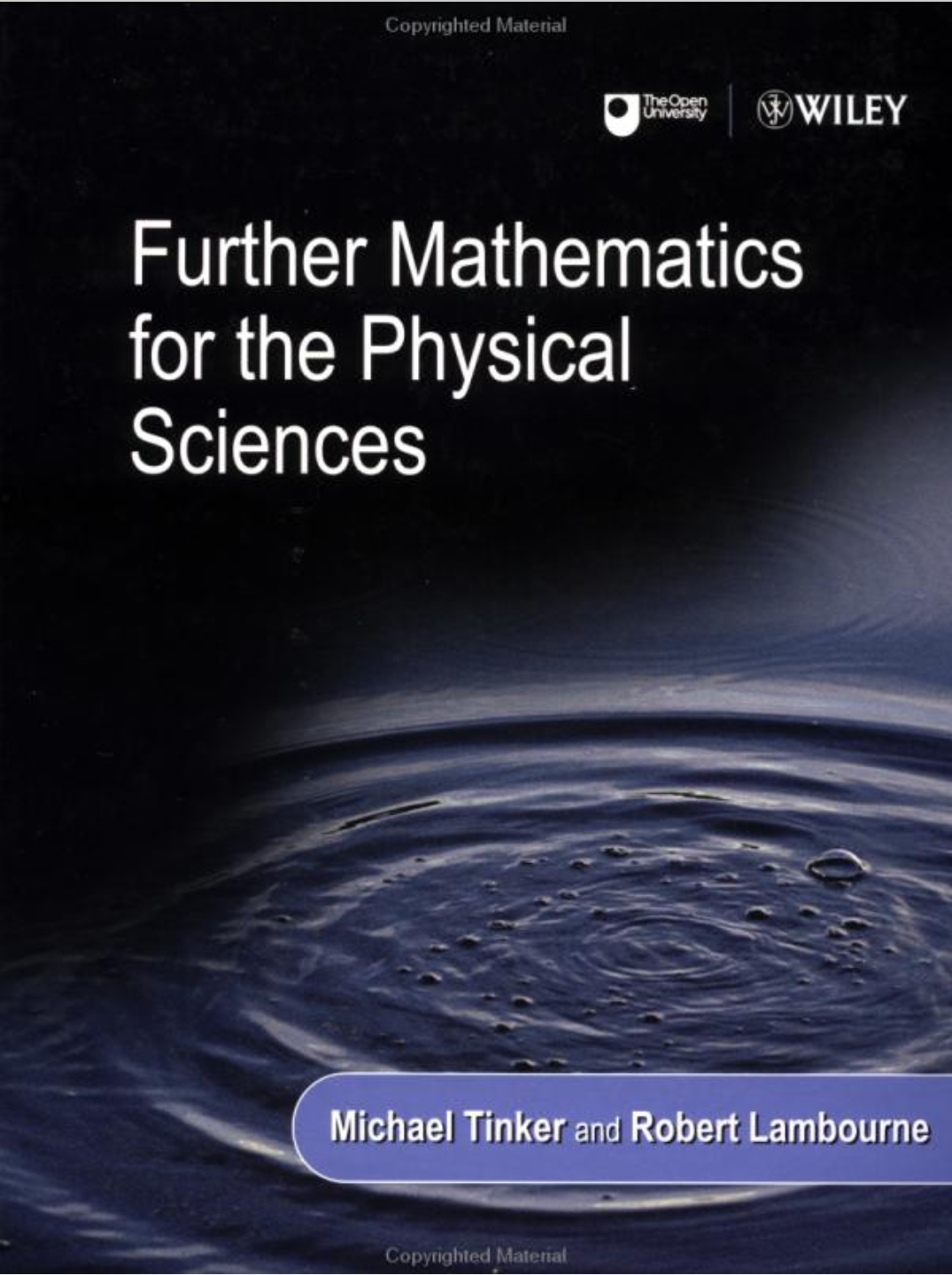
Author:Kenneth S. Krane
Publisher:Wiley Year:2019 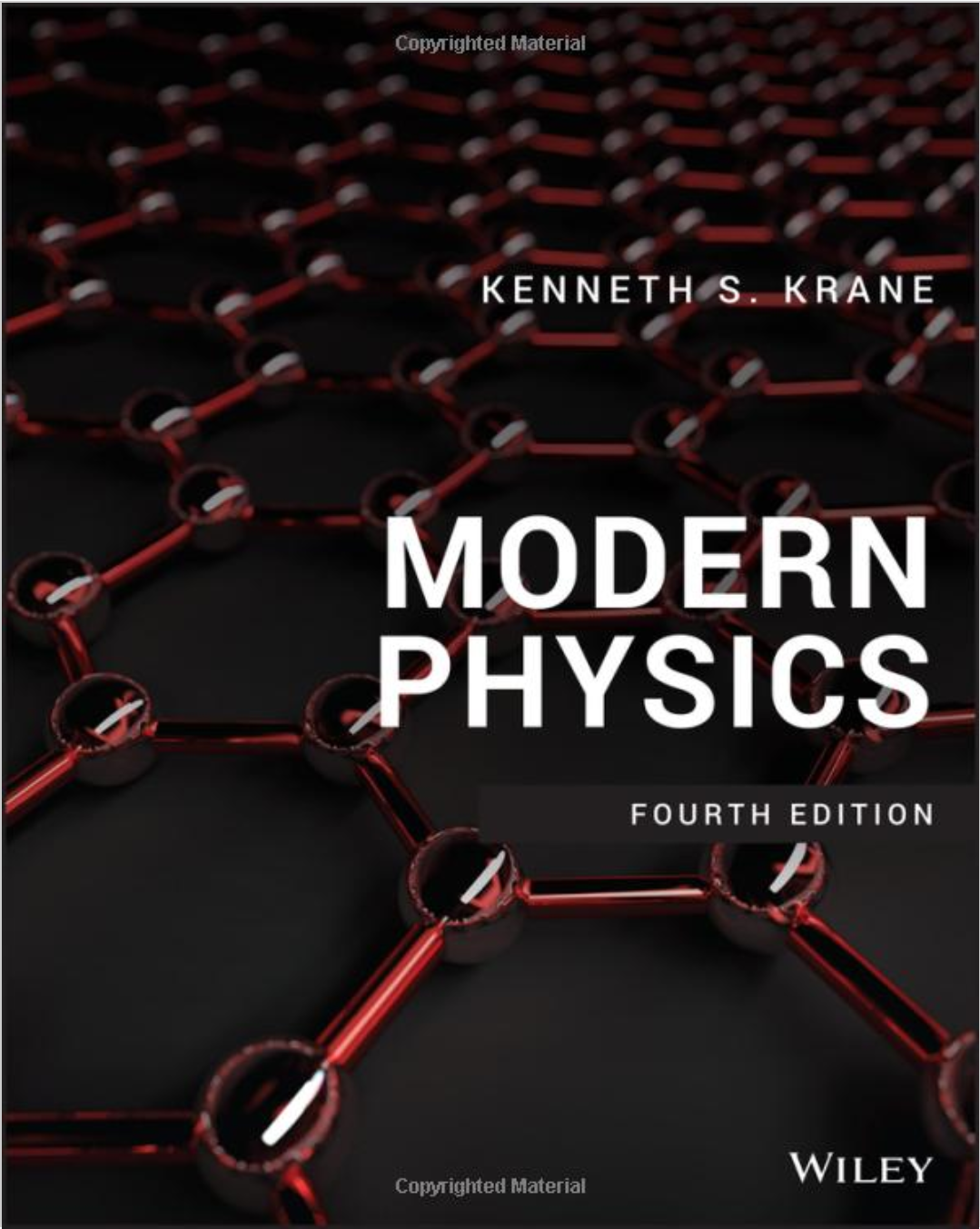
Author:Eugene Hecht
Publisher:Pearson Year:2016 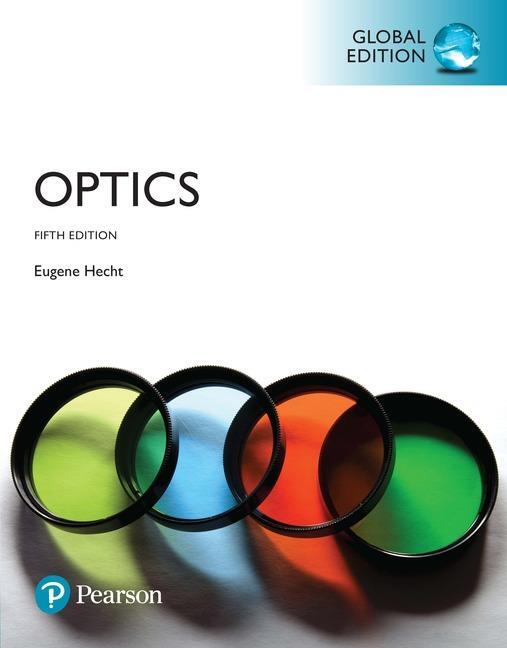
Author:W. McCall
Publisher:Wiley Year:2010 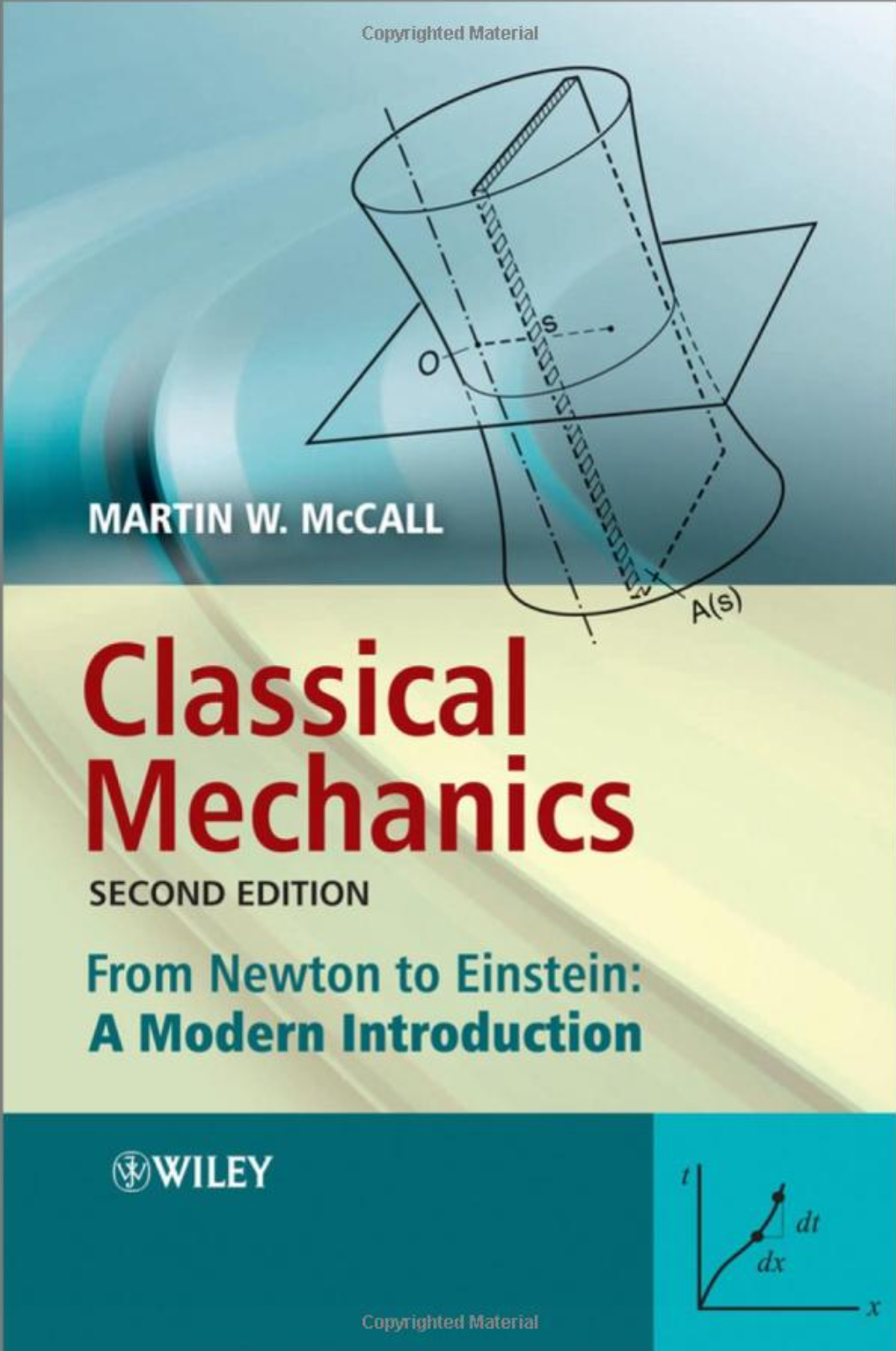
Previous
Next
Follow Us on Wechat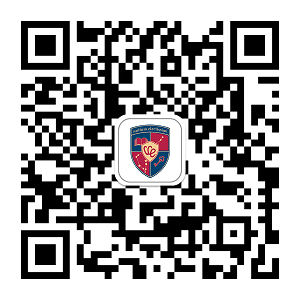 Your amount to pay has been updated
The previous conversion quote has expired. Here is your new quote:
Total
$
You Pay
Back to checkout
Place Order
|

